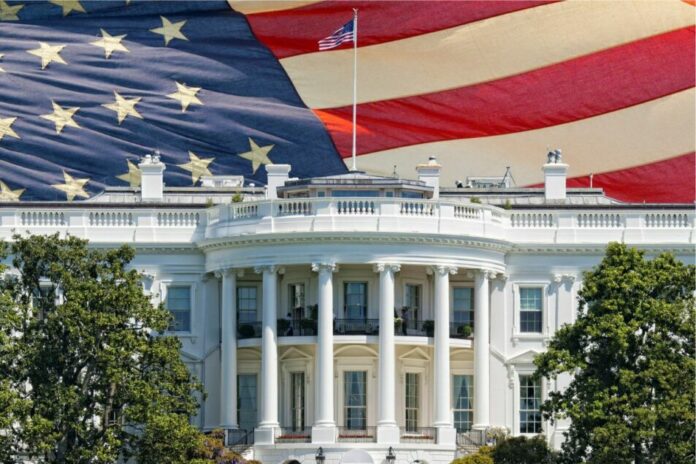Industry groups were on high alert following a freeze on federal grants and loans announced by the Trump administration, sparking concerns about potential impacts on food assistance programs. The freeze, which was announced on January 28, was quickly halted by a federal judge on the same day and then rescinded by the administration the following day.
The administration stated that the freeze was part of efforts to ensure agencies were in compliance with executive orders issued by the president in his early days in office. While the White House clarified that the freeze would not affect Medicare, Social Security benefits, or grants and loans directly provided to individuals, questions arose about the status of programs that indirectly benefit individuals but are not directly funded by the federal government.
Issues with federal funding portals, experienced by state officials and nonprofit groups, raised concerns among industry leaders and government officials about the potential impact on programs administered at the state level, such as the Supplemental Nutrition Assistance Program (SNAP). Research released by Circana revealed that more than 10% of Americans rely on SNAP, underscoring the program’s significance in the US food industry.
Although the White House assured that SNAP benefits would not be impacted by the freeze, uncertainties loomed over other food assistance programs. For example, Meals on Wheels, a program serving 2.2 million seniors, expressed concerns that it could still be affected by the proposed funding freeze.
Jane DeMarchi, President of the North American Millers’ Association, emphasized the importance of closely monitoring policy developments, particularly in light of the rapidly changing landscape under the new administration. DeMarchi highlighted the critical role of government spending and trade policies in shaping the food and agriculture sectors, urging industry organizations to remain engaged in supporting science-based policymaking.
DeMarchi pledged to advocate for the interests of millers in Washington, emphasizing the importance of affordable food for Americans and the value of US food aid globally. She underscored the contributions of millers in promoting healthy and affordable food within the US, as well as their role in addressing world hunger through international food aid programs.
Rasma Zvaners, Vice President of Government Relations at the American Bakers Association, echoed a similar commitment to advocating for the commercial baking industry. Zvaners emphasized the association’s dedication to safeguarding the interests of the industry, particularly in relation to government programs like WIC and SNAP that are vital to the sector. She expressed readiness to collaborate with new state and federal leadership to advance policies that support the industry, emphasizing the importance of bipartisan partnerships in addressing critical industry issues.
In conclusion, the food and agriculture industry remains vigilant in monitoring developments in government policies and funding, particularly in relation to food assistance programs. Industry leaders are actively engaging with policymakers to ensure the continued support for programs that play a crucial role in providing access to affordable and nutritious food for Americans and addressing global hunger challenges.




